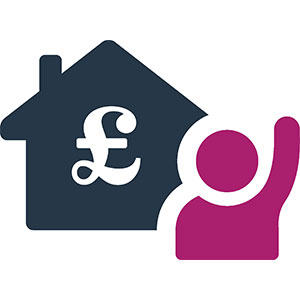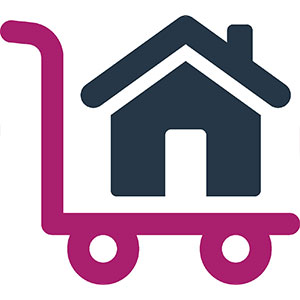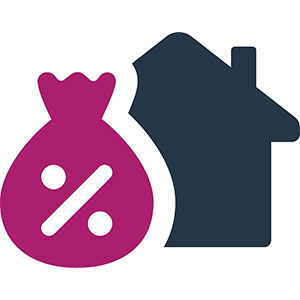In the UK, you have the option to choose between a solicitor or a licensed conveyancer to handle your property transaction. Both solicitors and conveyancers are qualified professionals who specialize in property law, but there are differences between the two:
Solicitor: A solicitor is a qualified lawyer who can offer a wide range of legal services beyond conveyancing, such as family law, criminal law, and civil litigation. Solicitors undergo extensive legal training and can represent clients in court if necessary. When you hire a solicitor for conveyancing, you benefit from their broader legal knowledge and expertise.
Licensed Conveyancer: A licensed conveyancer specializes solely in property law and conveyancing. They are regulated by the Council for Licensed Conveyancers (CLC) and focus exclusively on property transactions. Licensed conveyancers undergo specific training in property law and conveyancing practices.
When deciding whether to hire a solicitor or a licensed conveyancer for your property transaction, consider the following:
Complexity of the Transaction: If your property transaction involves complex legal issues or additional legal matters beyond conveyancing, such as leasehold arrangements or boundary disputes, you may benefit from hiring a solicitor who can provide comprehensive legal advice and representation.
Cost: Generally, licensed conveyancers may offer more competitive fees compared to solicitors, especially for straightforward property transactions. However, the cost can vary depending on factors such as the complexity of the transaction and the provider's fees.
Personal Preference: Some individuals may have a preference for working with a solicitor due to their broader legal expertise and the ability to handle various legal matters. Others may prefer the specialized focus of a licensed conveyancer solely on property law.
Recommendations and Reputation: Regardless of whether you choose a solicitor or a licensed conveyancer, it's essential to research their reputation, qualifications, and track record. Seek recommendations from friends, family, or real estate professionals, and consider reading reviews or testimonials.
Ultimately, both solicitors and licensed conveyancers can effectively handle property transactions in the UK. It's essential to choose a qualified and reputable professional who can meet your specific needs and provide reliable guidance throughout the conveyancing process.
Your solicitor will guide you through the process, advising on the content of your mortgage, the title deeds and all aspects of your property transaction.
We have a dedicated team of Conveyancing Solicitors to ensure a smooth, professional process.
Get Started












